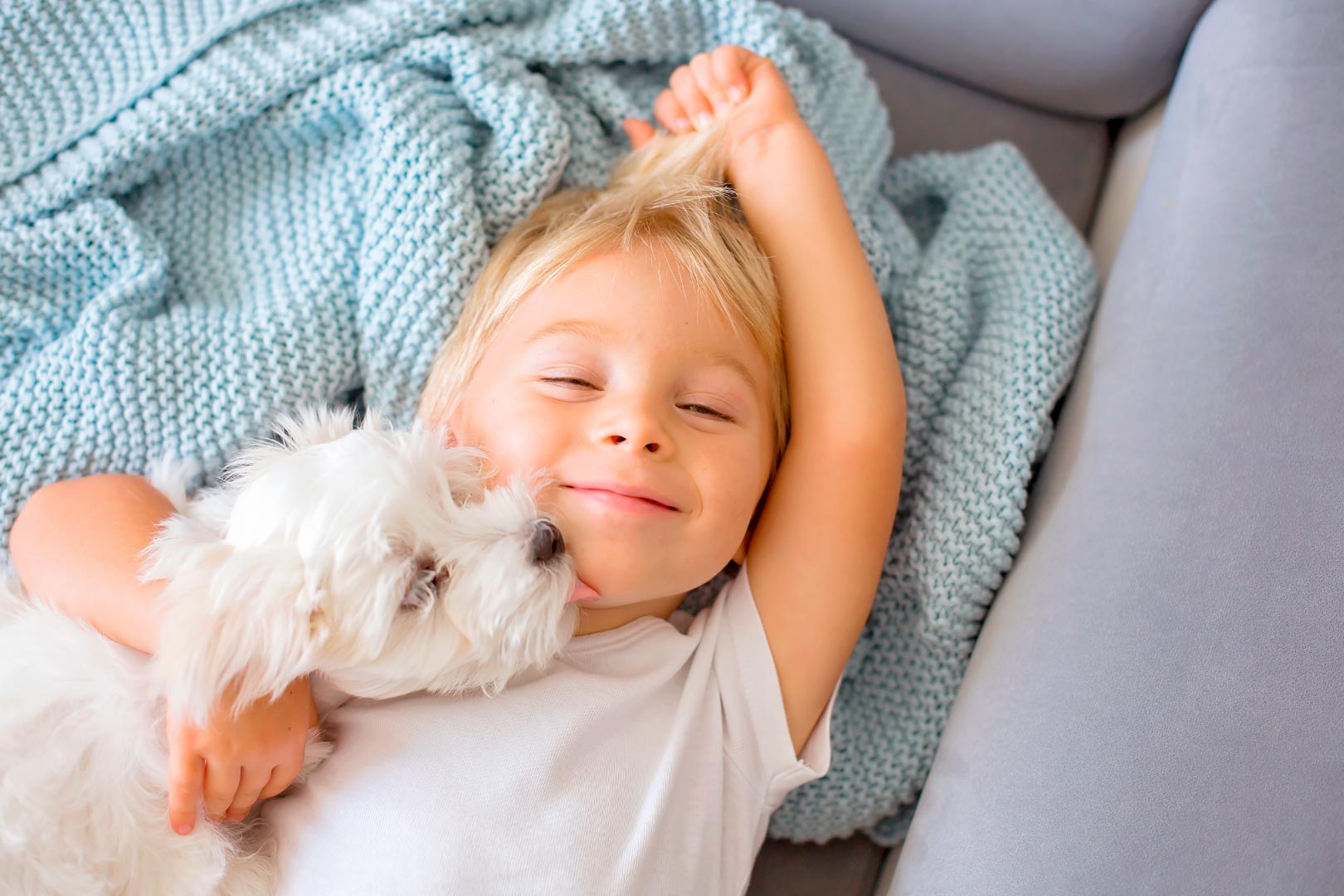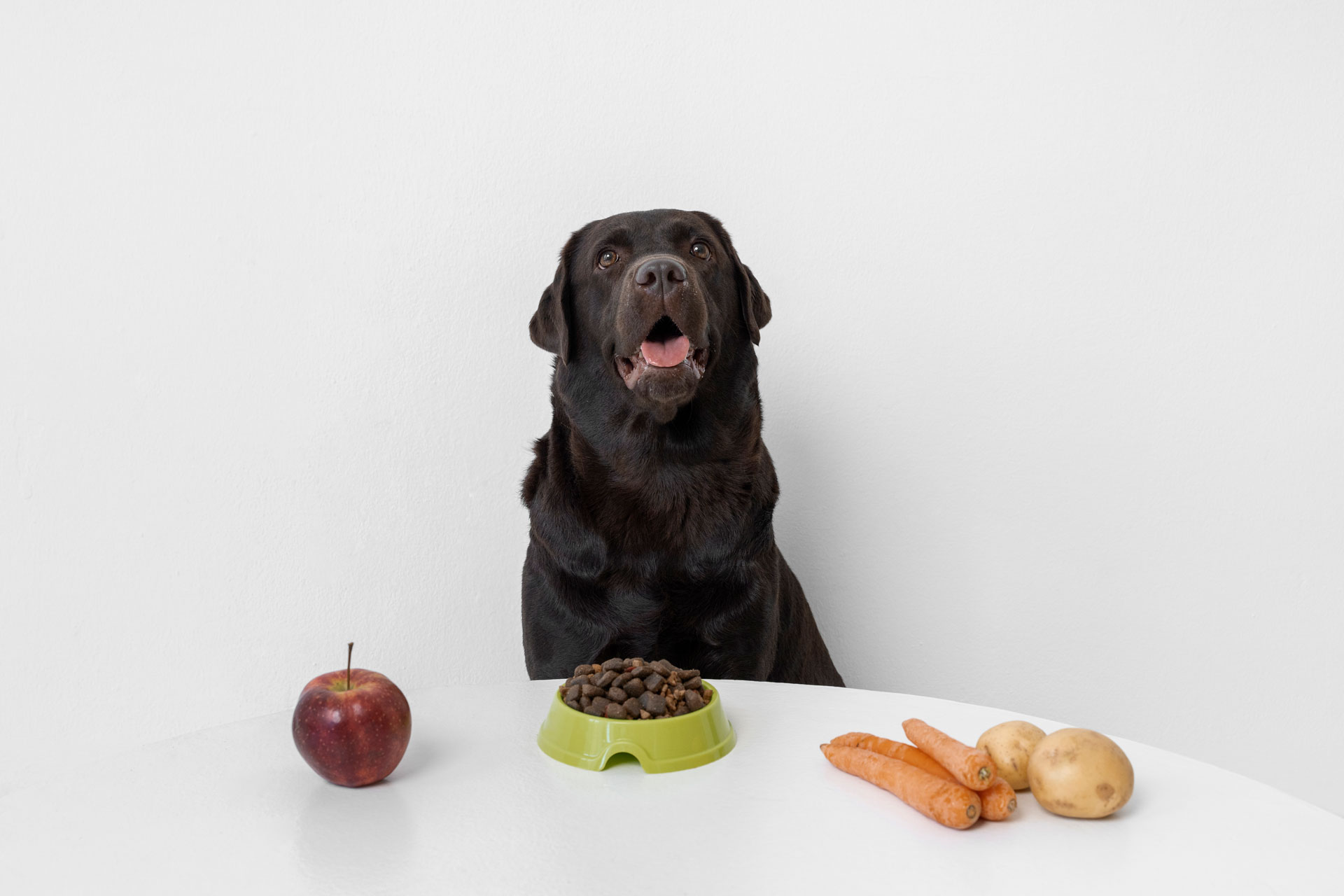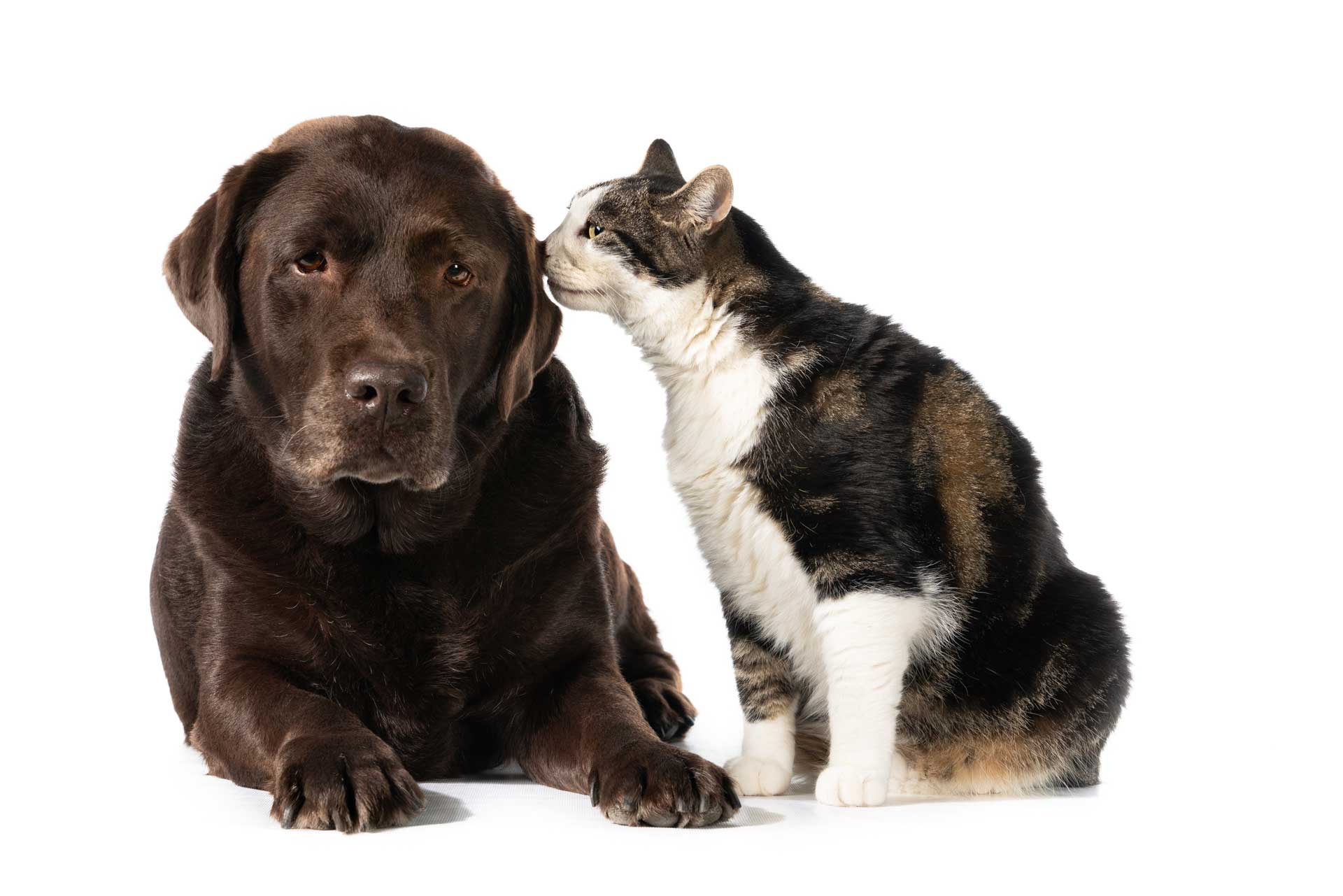Change starts before the baby arrives
Dogs sense changes in behavior, smells, and routines. If you begin introducing changes early, your dog won’t associate the baby’s arrival with a sudden loss of attention. For example, if you know you’ll have less time for walks, start shortening them gradually now and introduce more independent play.
If your dog won’t be allowed in the baby’s room, establish that boundary in advance. Use a baby gate and practice commands like “stay” or “do not enter.” That way, once the baby arrives, your dog won’t interpret the new rules as punishment.
Getting used to new sounds and smells
Babies are loud – crying, laughing, toys that squeak. This can be confusing or stressful for a dog. Start by playing recordings of baby cries at low volume, then gradually increase it. Reward your dog for staying calm, helping them associate these sounds with something positive.
Also, let your dog get used to the smells that will soon be part of everyday life – baby powder, lotions, diapers. Allow them to sniff new baby gear, but under your supervision.
The day your baby comes home
Ideally, someone else should enter the house first with the baby while you greet the dog. This gives your dog a moment to calm down before meeting the newest family member. The first introduction should be brief, calm, and controlled – let the dog sniff the baby from your arms, avoiding sudden movements and with lots of positive reinforcement.
Don’t ignore your dog. Include them in the new routine: let them be around while you feed, change, or carry the baby around the house. This helps avoid jealousy and fosters a sense of belonging.
Patience is key
Every dog reacts differently. Some will accept the baby immediately, others might withdraw and need more time to adjust. Be consistent, gentle, and understanding.
And most importantly – praise your dog. Even small signs of positive behavior deserve a reward, whether it’s a kind word, a treat, or extra affection.



